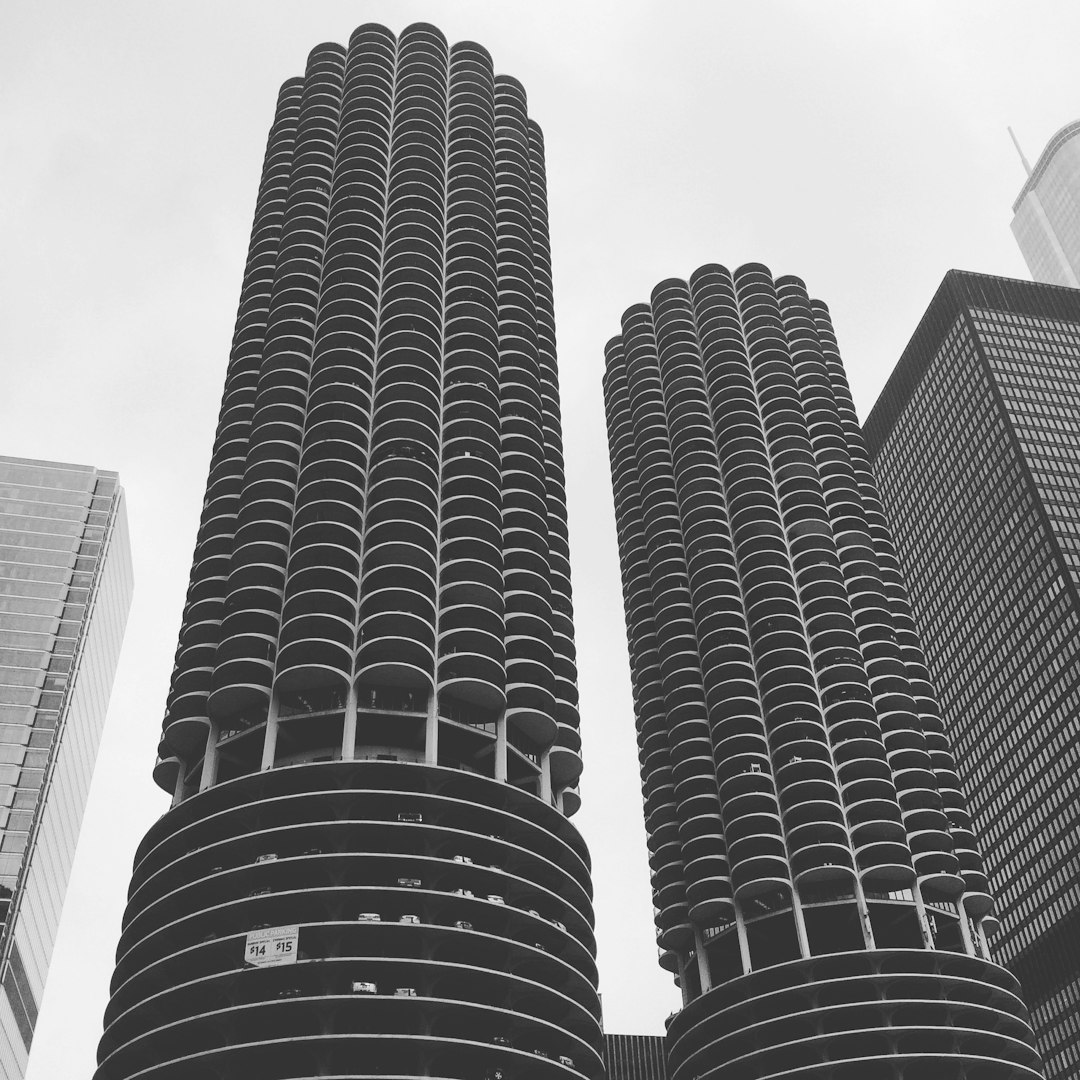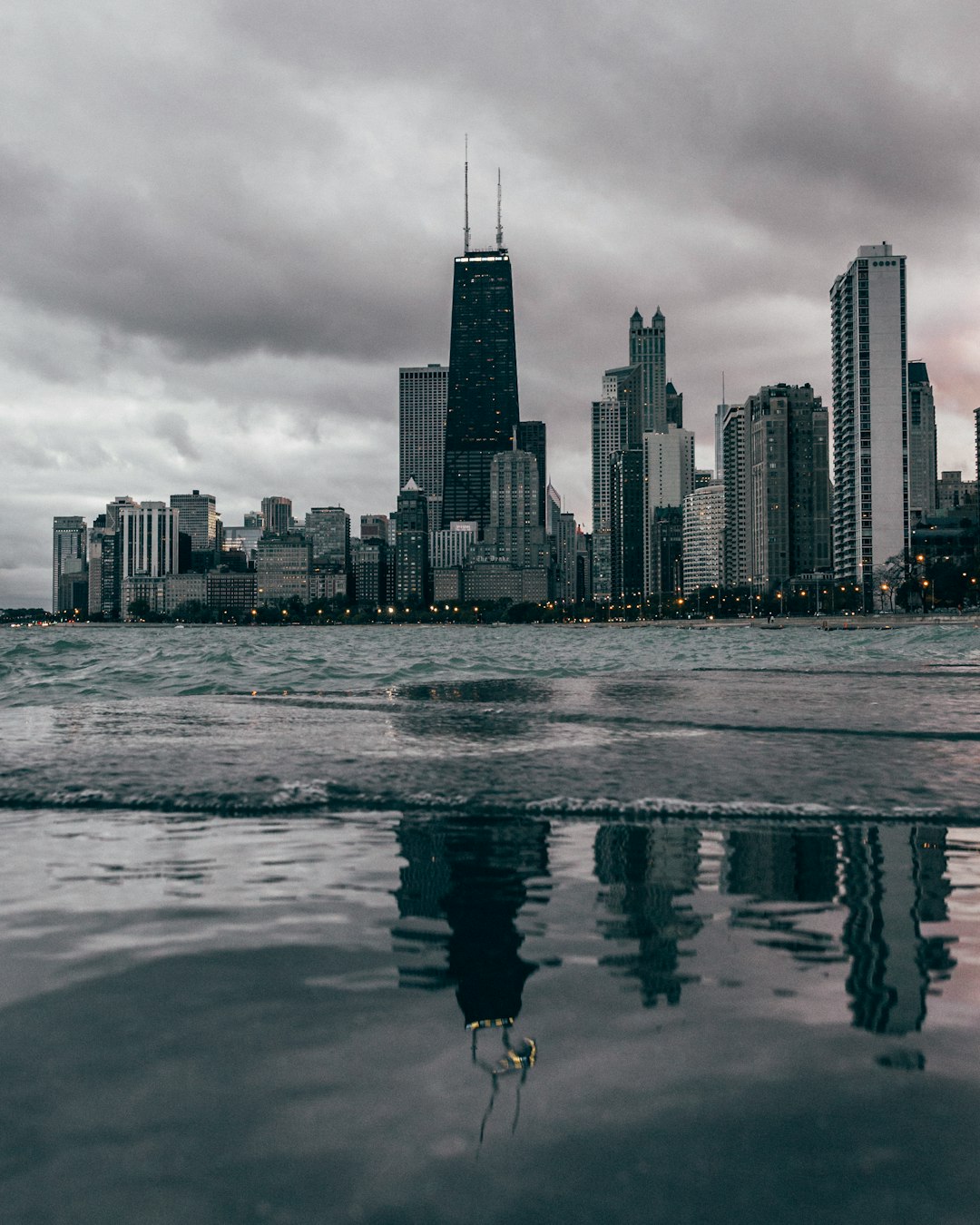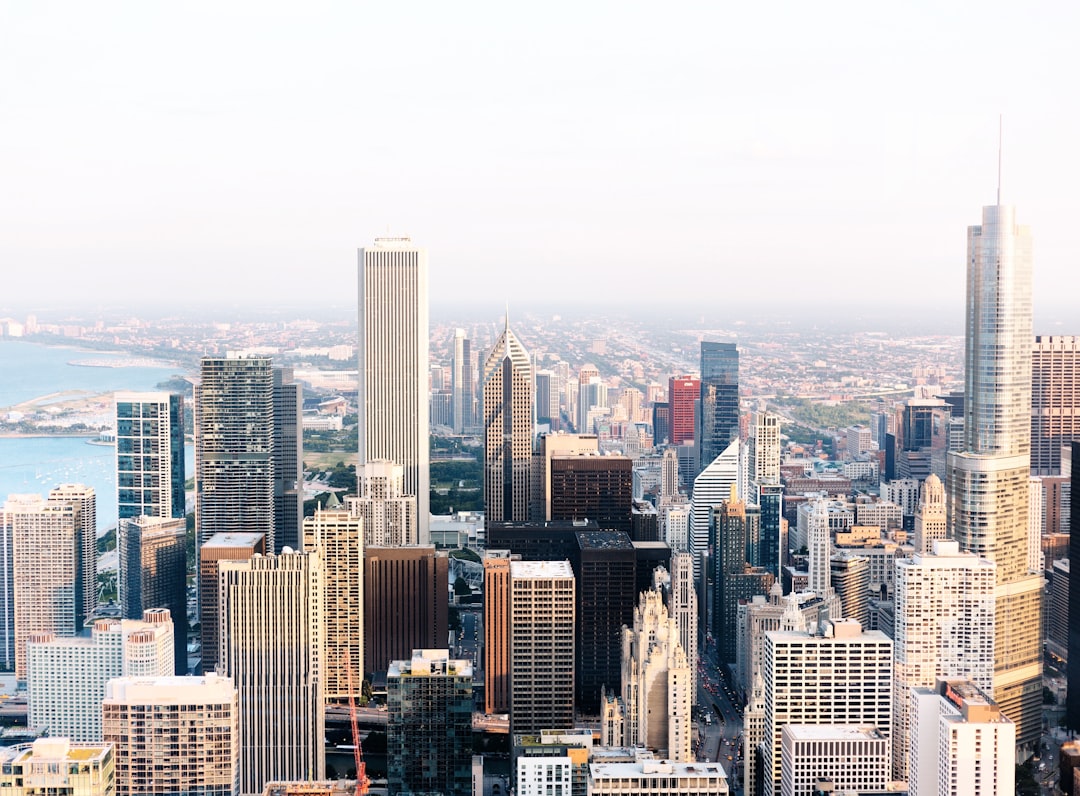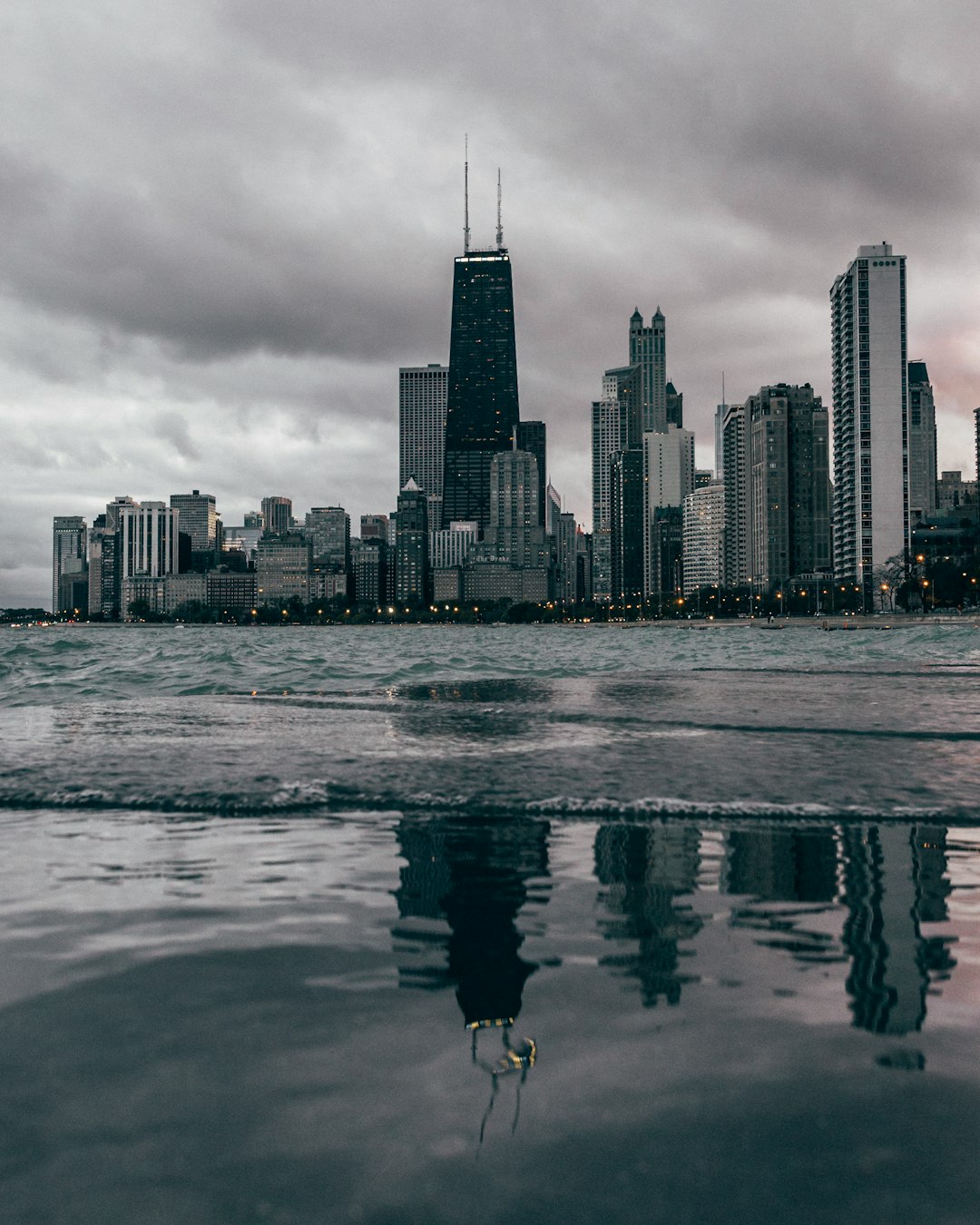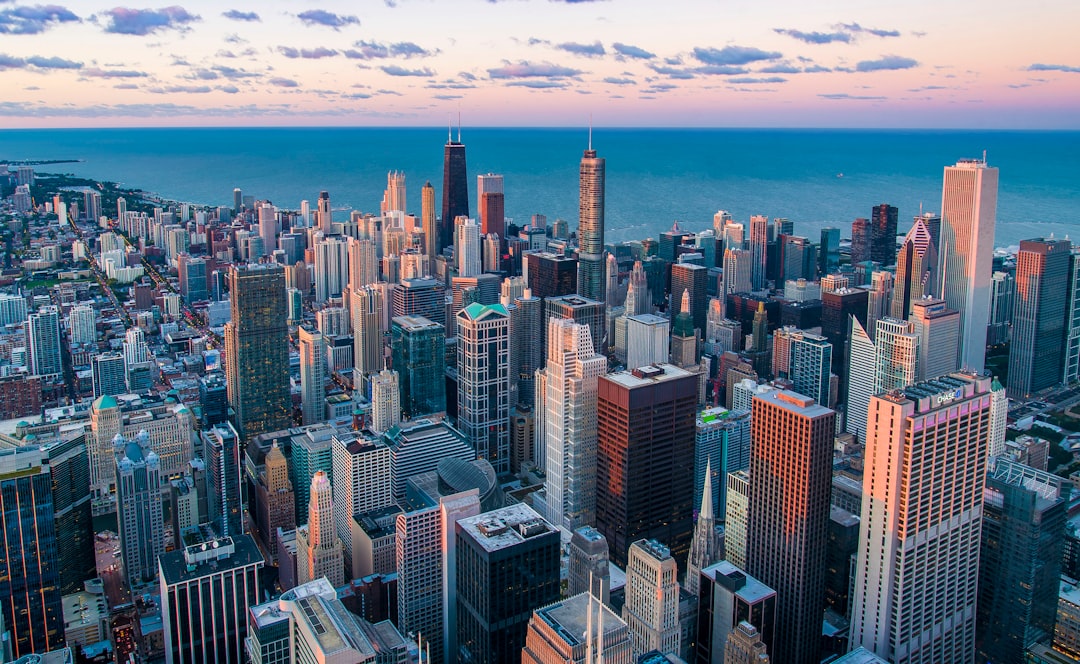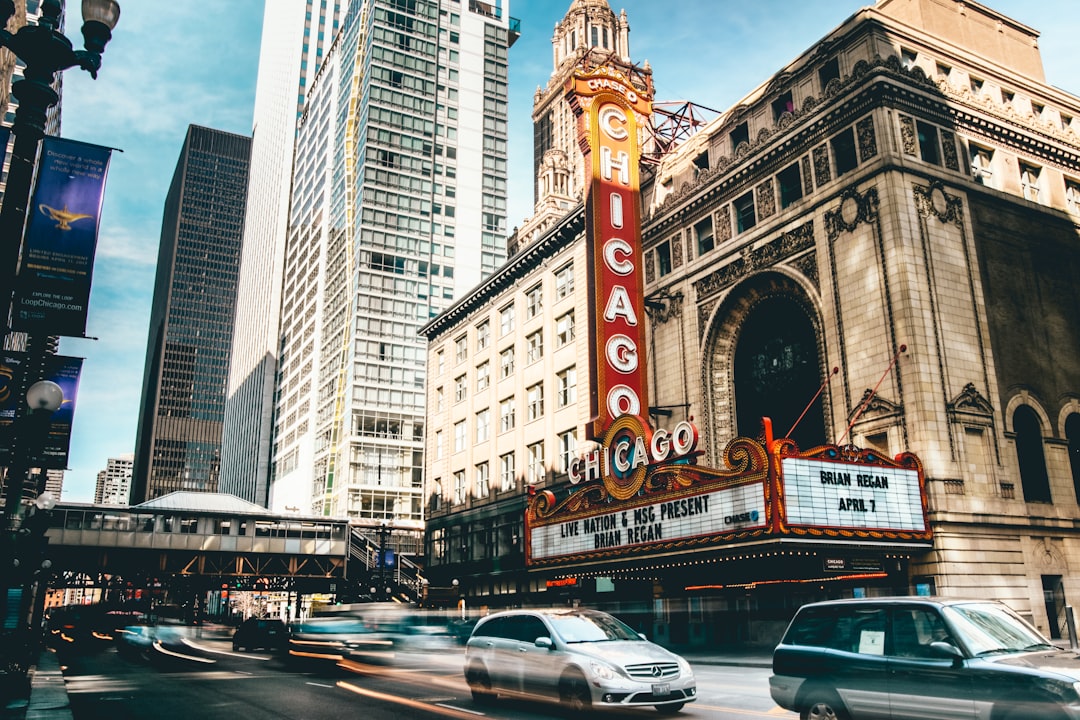Chicago's suburbs are tackling a spam call crisis with robust No Call Laws that empower residents to opt-out of telemarketing and fraud. These laws, combined with community engagement, education, and collaboration, have significantly reduced unwanted calls, fostering safer and quieter environments. As leaders in No Call Laws Chicago, these communities set an example for nationwide implementation, protecting privacy and evolving anti-spam strategies as digital communication advances.
Chicago suburbs are leading the fight against spam calls, implementing innovative strategies to protect residents from relentless robocalls. The problem has reached a crisis point, prompting the rise of resident-driven No Call Laws in the region. This article explores how suburban communities are taking action, from adopting cutting-edge technology to crafting unique legal frameworks. We delve into successful anti-spam initiatives, highlighting their impact and the promising future of No Call Laws in Chicago.
Understanding the Problem: The Spam Call Crisis in Chicago
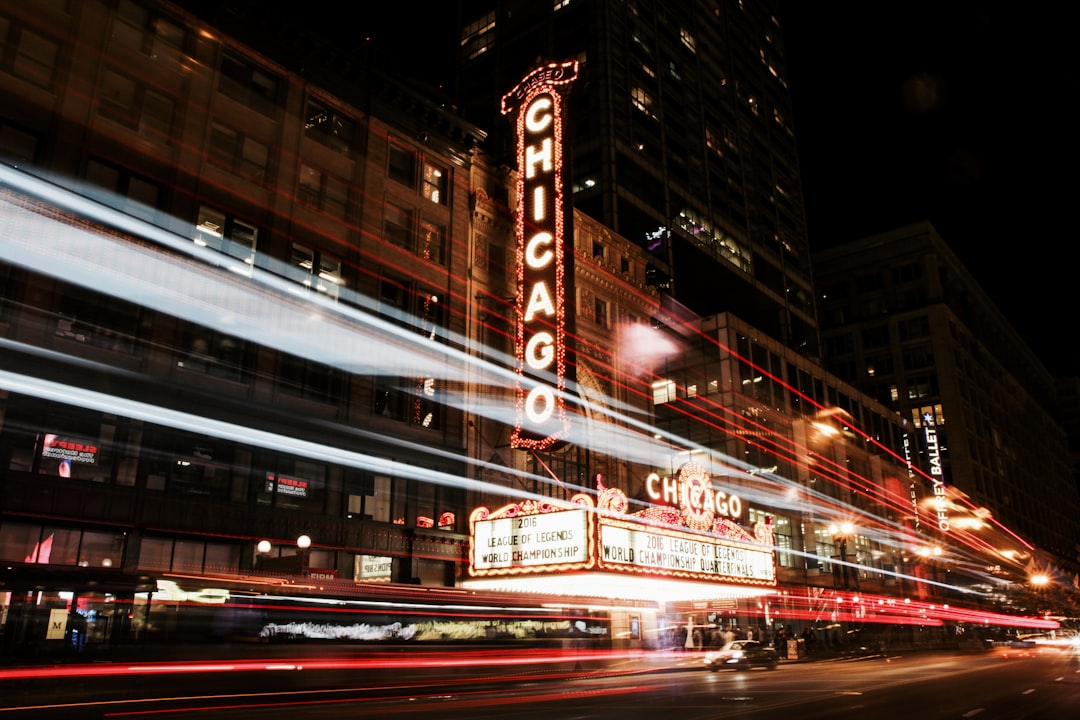
In recent years, Chicago has faced a growing crisis that has left many residents frustrated and angry: spam calls. With an influx of unsolicited phone calls from telemarketers and scammers, the city’s suburbs have become a hotbed for this annoying and often dangerous trend. The sheer volume of these unwanted calls has prompted a collective pushback from communities across Chicago, who are demanding action to protect their peace and safety.
The problem is not just an irritation; spam calls pose significant risks. From phishing scams that target personal information to intimidating debt collectors, these calls can cause real harm. In response, several Chicago suburbs have taken matters into their own hands, implementing No Call Laws aimed at curbing the tide of spam. These laws empower residents with the right to silence, allowing them to register their phone numbers for exclusion from marketing and sales calls, ensuring a quieter, safer environment for all.
The Rise of No Call Laws: A Resident-Driven Initiative
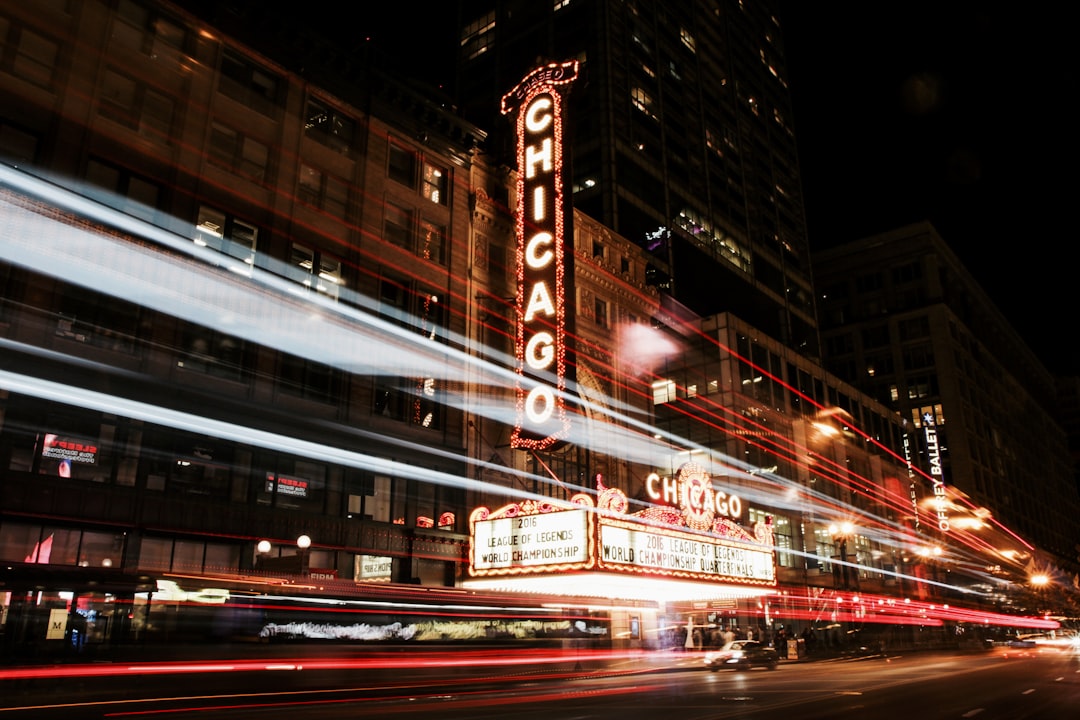
In recent years, the surge in unwanted spam calls has sparked a resident-driven initiative in Chicago suburbs to combat this growing issue. This movement is centered around the implementation of No Call Laws, which aim to protect citizens from relentless telemarketing and fraudulent calls. As frustration with these incessant interruptions grew, residents took it upon themselves to push for stricter regulations, leading to the development of these laws.
The No Call Laws Chicago have been a game-changer in empowering individuals to reclaim control over their communication channels. By enforcing do-not-call lists and stringent penalties for violators, these laws send a clear message that spam calls are no longer tolerable. This resident-led approach has not only resulted in reduced call volumes but also fostered a sense of community engagement in ensuring a quieter, more peaceful living environment.
How Suburbs Are Taking Action: Strategies and Success Stories
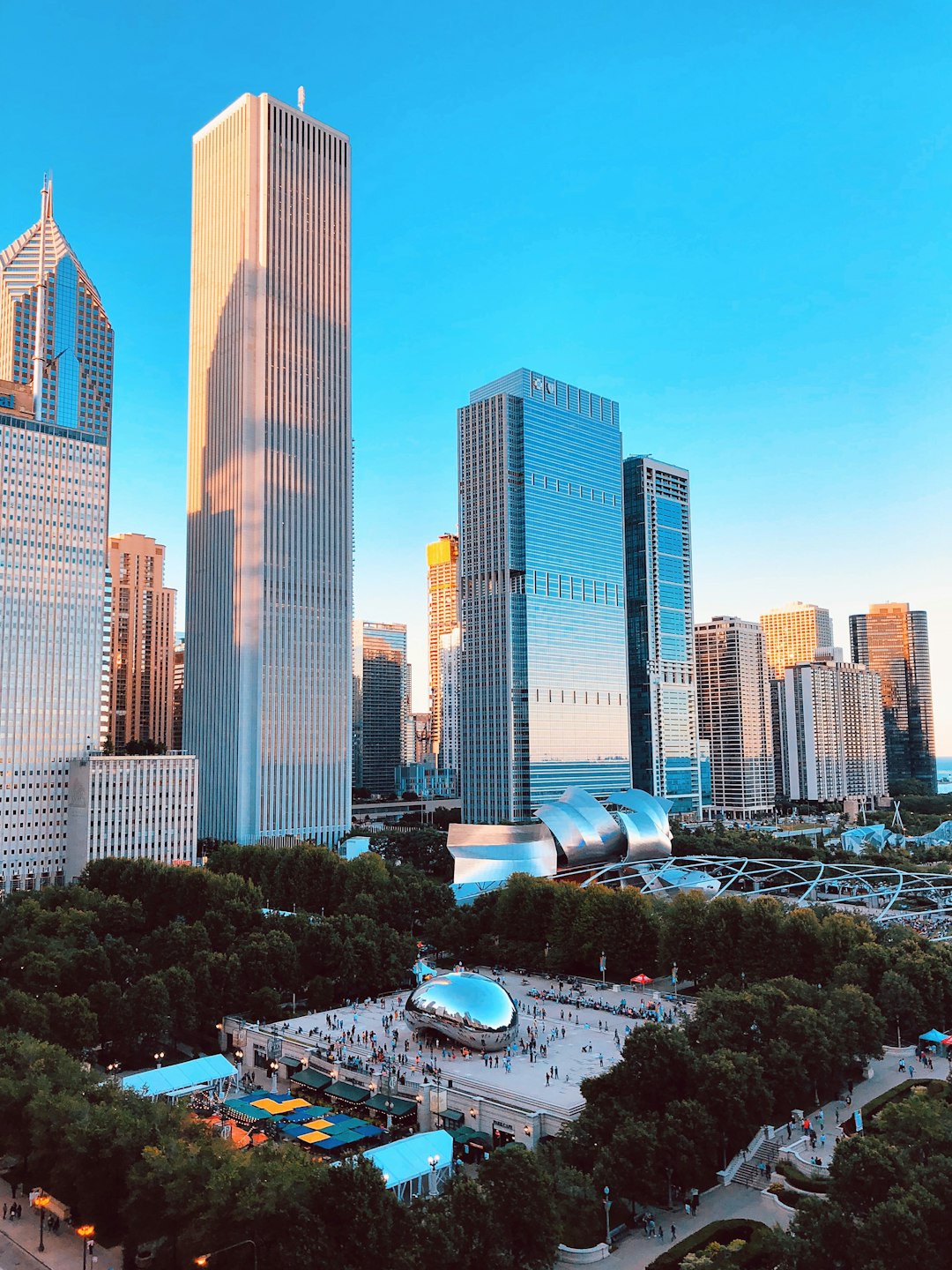
Chicago’s suburbs are leading the fight against spam calls by implementing innovative strategies and leveraging community engagement to protect residents from unwanted phone solicitations. Many communities have adopted local ordinances that complement federal No Call Laws, providing additional layers of protection. These include restrictions on telemarketing calls during certain hours, requirements for caller ID transparency, and mechanisms for residents to register their numbers as “Do Not Call” areas.
Success stories abound in these suburbs where collaborative efforts between local governments, consumer advocacy groups, and technology providers have significantly reduced spam call volumes. Some communities organize regular workshops to educate residents on privacy settings and tools for blocking calls, fostering a culture of digital literacy. By combining legislative measures with community awareness, Chicago suburbs are setting an example for effective spam call mitigation across the nation.
Legal Framework: What Chicago Suburbs are Doing Differently?
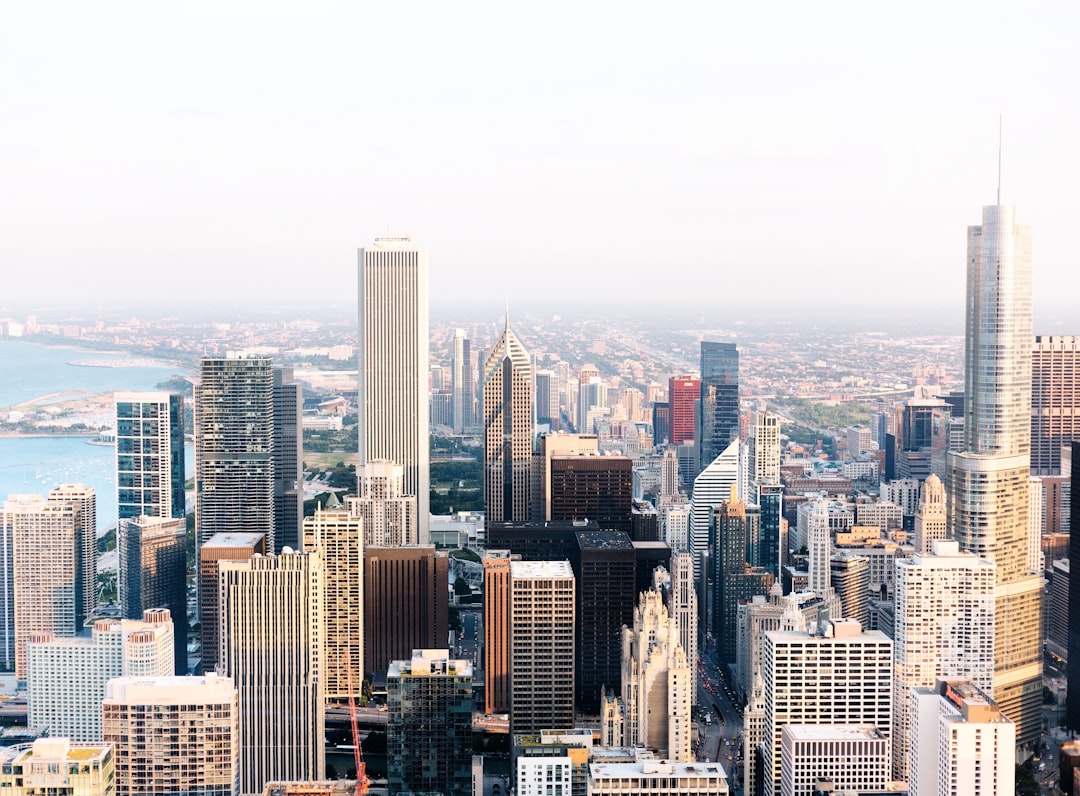
The Chicago suburbs have emerged as a beacon of hope in the ongoing battle against spam calls, implementing innovative strategies to protect residents from unwanted telemarketing intrusions. Their approach is underpinned by a robust legal framework, with many suburbs adopting and strictly enforcing No Call Laws that limit phone marketing activities. These laws empower local governments to take aggressive measures against call centers that violate privacy rights, often resulting in hefty fines.
What sets Chicago’s suburbs apart is their proactive stance, where regulations go beyond mere compliance. They actively engage with residents to educate them about their rights and encourage the use of do-not-call lists. By fostering a culture of awareness, these communities are ensuring that telemarketing practices align with consumer expectations, making them leaders in defending against spam calls across the nation.
The Impact and Future of Anti-Spam Efforts in the Region
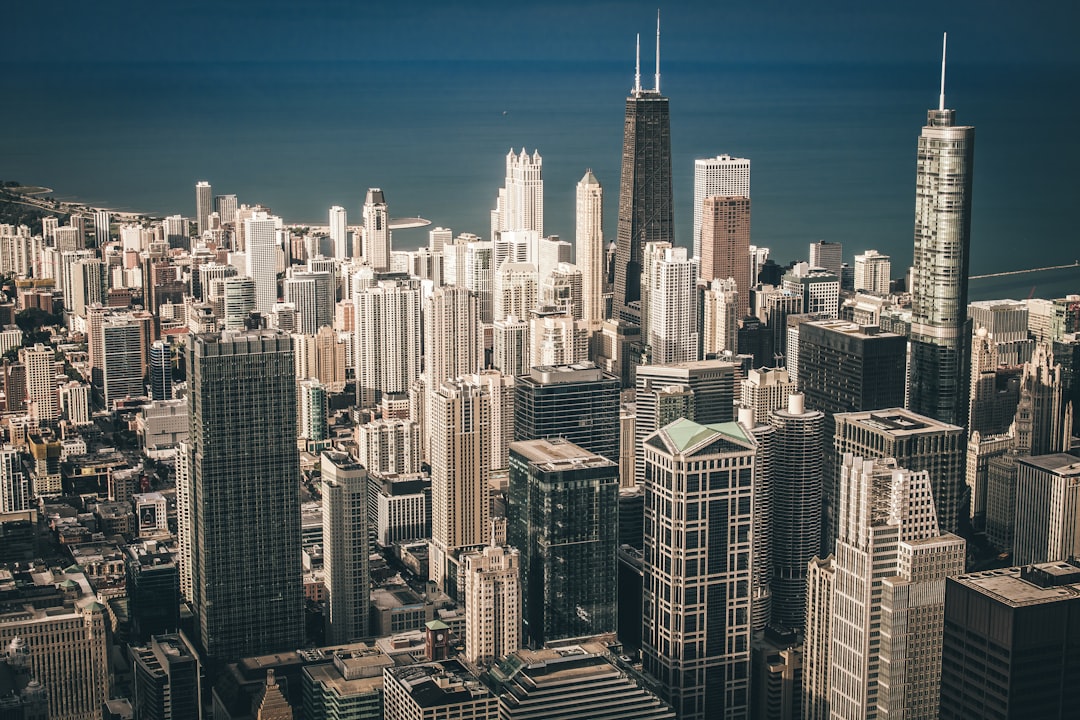
The fight against spam calls has taken on new significance in recent years, and the Chicago suburbs are at the forefront of this initiative. With a growing awareness of consumer rights and privacy, communities across the region have implemented No Call Laws, empowering residents to take control of their phone lines. These laws not only restrict telemarketers from making unsolicited calls but also provide a framework for effective anti-spam strategies.
Looking ahead, the impact of these efforts could lead to more sophisticated spam call detection technologies and increased collaboration between local governments, telecom providers, and consumer protection agencies. As digital communication continues to evolve, so too will the methods used by scammers. However, with persistent community engagement and robust legal frameworks, the Chicago suburbs are poised to remain a leader in the ongoing battle against intrusive and unwanted spam calls.
